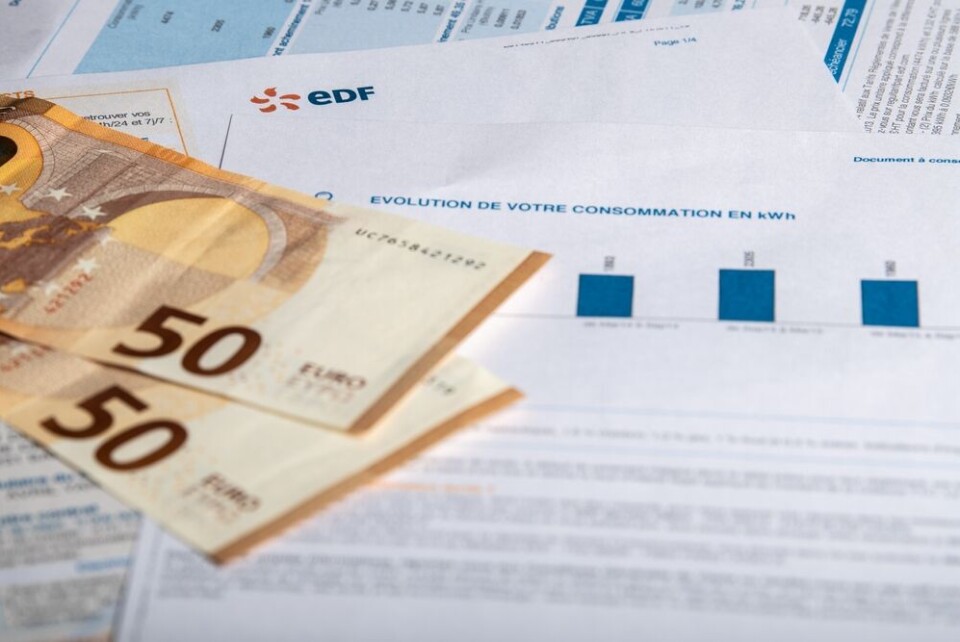-
Phone-at-wheel crackdown on drivers in south-west France
Immediate licence suspensions introduced for offence in three departments
-
Mysterious boom rattles residents in south-west France
'The shockwave clearly went sightseeing across the countryside', says local
-
France tightens reimbursement rules for flight delays or cancellations
New measures include mandatory mediation and new claim procedures
Regulated prices keep France’s electricity cheaper than EU neighbours
The regulated tariff rose by 4% in February. Without state intervention, it would have risen by 46%

French households – especially the 23 million on EDF’s ‘regulated’ tariffs – are better protected from price rises this year than people in most neighbouring countries, says a consumer group.
Last year’s government promise to limit this year’s regulated tariff rises (in February) to 4% has been maintained, says CLCV, contrary to some previous media commentators, who had said it would be difficult.
It comes as energy regulator CRE stated that without state intervention, the regulated tariff would have risen 46% on February 1.
CLCV head François Carlier said this is being achieved by:
- A cut in an electricity tax that usually compensates EDF for an obligation to buy a certain amount of ‘green’ energy. This is unnecessary today as this energy is currently competitively priced.
- Obliging EDF to sell more than usual of its nuclear energy to competitors at a moderate price.
Read more: EDF to sell more cheap electricity to competitors to keep prices low
The regulated price is mainly only subject to adjustment at the start of the year, though a 1% rise in August is also due, Mr Carlier said. He added that residents in many other countries are more subject to fluctuations on international wholesale markets than France, as they have no state regulated tariffs. Many countries are also more vulnerable as they do not produce as much electricity.
He said there was a ‘tripling’ of prices on the European wholesale markets in the autumn, linked to increased demand as economies picked up after the worst of the health crisis. People in neighbouring countries have been hit with steep hikes, he said.
“France, in keeping this regulated tariff and having 75% of nuclear energy, really stands out in Europe,” he said.
Read more: Bulb electricity firm switches off French operation amid surging costs
However, customers on French ‘market’ rates are also not so well-protected from this as those on the regulated one, Mr Carlier said. While some of these offers are indexed to the regulated ones, others are not and some have already seen rises of 20-30% (Editor's note: The government has, however, asked EDF's competitors to reign in price rises, in view of the extra cheap energy they are to receive from EDF).
“Some people were attracted by prices that, at the time, were 10% less than the regulated one, but that cost 20% more since October, and they often haven’t realised it. They need to check their bills.
“The simplest thing is to stay on, or change to, the regulated rate. Many consumers think they are on indexed offers, but it turns out they are not when you look at the contract.”
CLCV advises this at least for 2022, perhaps reviewing the situation in a year’s time. It is simple to change and the process is largely carried out by EDF itself, Mr Carlier said.
Related stories:
French EDF workers strike over government efforts to keep prices down
Green news France: Pollution study plants city trees, Eco-hotels boom
























